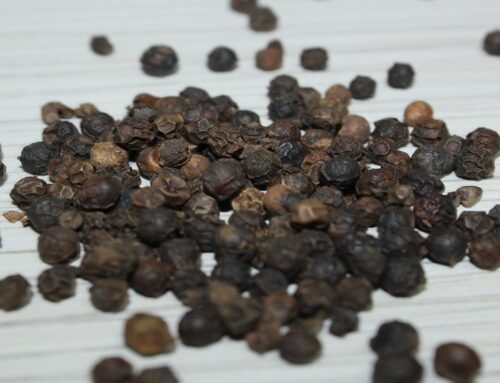Indian organic agriculture has both strengths and weaknesses. It presents with both opportunities and some major threats. Let us analyze the major strengths, weaknesses, opportunities, and threats of Indian organic agriculture sector through a SWOT analysis model as given below:
Strengths: Wide diversity in agro-climates across the country supports wide range of agricultural and horticultural crop production. Seasonality does not limit the availability of any produce due to different climatic conditions in different parts of the country. This will support export of food produce throughout the year, irrespective of season. Traditionally, farming systems in India use fewer pesticides. This will aid in easy conversion of such fields into organic. There is increasing interest among farmers, entrepreneurs and govt. in organic farming, with various agriculture universities bringing forward various organic crop production POPs (Package-of-Practices). Indian corporate firms are increasing investments in agribusiness and specialty farming like organic farming. Differentiation can be created easily based on product nature and background.
Weaknesses: Reduced shelf-life of products may prevent successful sale of produce overseas. Lack of awareness of organic practices and certification needs and requirements pulls back growth of organic industry. Price decision is an issue with Indian organic food exporters. They face problems in international markets against organic produce from other countries. International Organic farmers supported by subsidies from their respective governments, quote lower prices and this pose a problem to Indian exporters. Lack of sufficient MIS (Market Information System) prevents planning of successful marketing techniques and sales opportunities. Low quality post-harvest handling and processing techniques and management prevents Indian organic products from getting good price in markets. Insufficient R&D in areas of organic packaging, handling and processing. Lack of awareness of certification and labeling specifications for export of organic produce often leads to return of products. Previous quality restriction cases on Indian food products close many international markets to remaining organic agro-products.
Opportunities: Support of government for organic farming and export sectors is on the rise now. Many opportunities are being offered by WTO in organic farming and global trade. Premium price for organic foods in international markets is also a lucrative factor that encourages organic produce exports. There is an increasing demand for organic food in international markets, particularly middle-eastern countries. Many export initiatives are taken on branding Indian organic produce by APEDA, a leading Indian govt. agency that promotes organic produce exports. Establishment of big retail outlets and chains in the country offers future prospects in demand hike for organic produce. Interests shown by private sector to involve in organic food supply chain offers wide range of possibilities for improvement in Indian organic market performance.
Threats: Major threats in this field are: competition from the conventional products in the domestic markets, threat from imported products, barriers on trade and specific certification specifications by international markets and so on. Major barriers in export market for organic foods are as follows:
High price expectation: the high price expectation by Indian producers prevents sales in the International market. Considering the quality issues preceding Indian products and the stringent International regulations, it is highly advisable for Indian Organic food exporters to reduce their prices as per situation and requirements.
Quality: Issues of quality and contamination prevents entry of produce into many markets. This has to be taken into consideration by the government and APEDA and suitable technology provided to solve the issue.
Marketing: Better promotion of products need to be don’t in the international market, by exporters as well as government institutions.
Logistics: Shipments issues and delays due to shipping documentation prevents easy movement of produce
Certification: Confusion on certification procedures and lack of documents prevents proper certification for exporting of produce.
Export authorities: Complicated paper work delays the process. It is necessary for the authorities to find an easy way of documentation, preferable online.
Information: Difficulty in attaining International market requirement news and certification policies, prevents suitable planning of business. The establishment of any easy access portal for the same, will save a lot of time for the producers and exporters, to plan their business.
We regularly publish informative videos on various “Food, Agriculture, Gardening and Horticulture” topics. You may view these videos here…
You may also check out our Digital Publishing Services for Food, Agriculture, Gardening and Horticulture Sector by visiting this link







Leave A Comment
You must be logged in to post a comment.